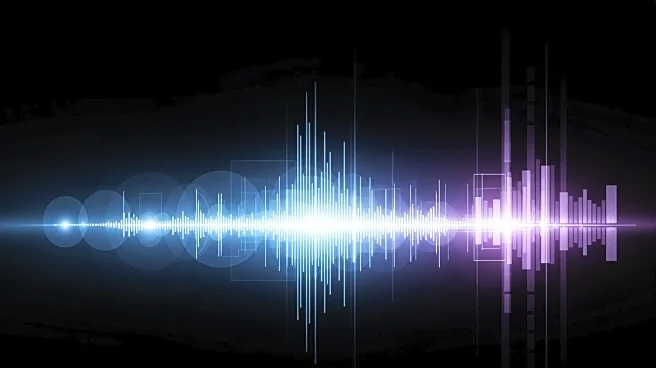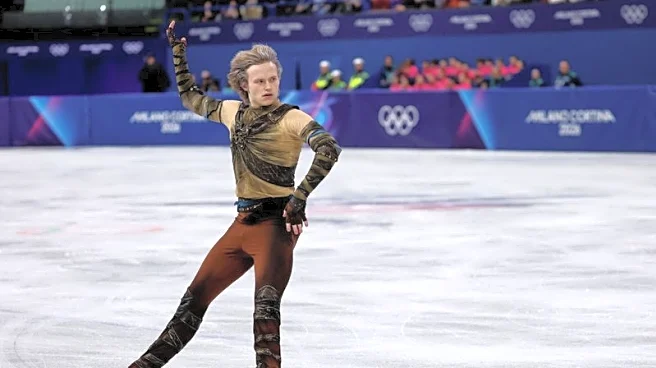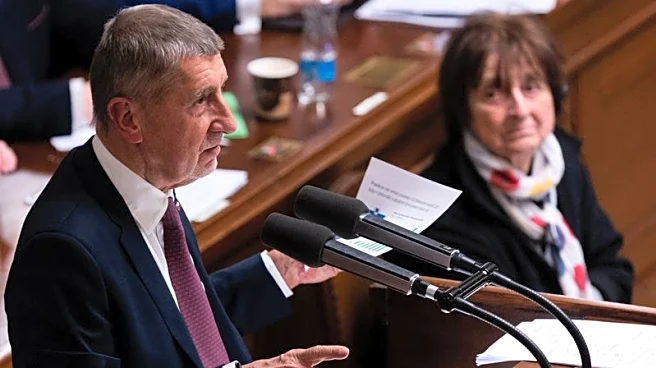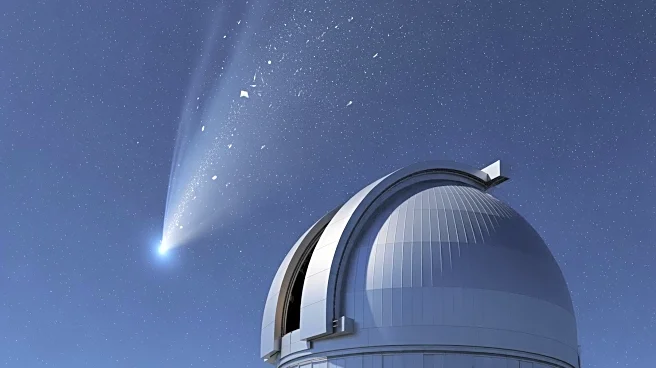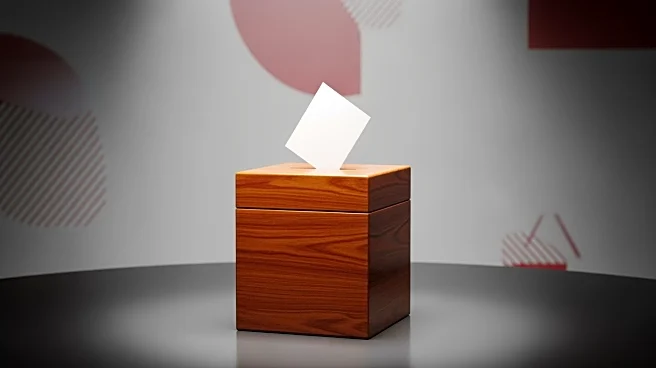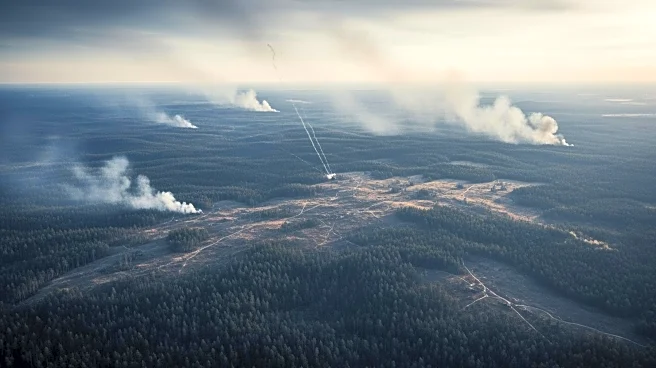What's Happening?
AI-generated music is making its way onto Billboard charts, yet these tracks are not achieving widespread popularity. Breaking Rust, an AI-assisted artist, reached No. 1 on the Country Digital Song Sales chart with 'Walk My Walk,' selling approximately
3,000 downloads in a week. Another AI-assisted artist, Cain Walker, reached No. 3 with 'Don’t Tread on Me,' selling around 2,000 downloads. Despite these chart positions, the digital download market has significantly declined, accounting for only 2% of U.S. recorded music revenue in 2024. In contrast, subscription streaming platforms have seen substantial growth, now dominating the music industry. AI artists like Xania Monet are gaining attention but remain far behind human artists in terms of equivalent album units (EAUs), which combine streams and sales.
Why It's Important?
The emergence of AI artists on music charts highlights a shift in the industry, where technology is increasingly influencing music production and consumption. While AI artists are gaining attention, their lack of popularity compared to human artists suggests that traditional music consumption patterns still prevail. This development could impact record labels and artists, as AI-generated music may eventually capture a larger market share. The music industry may need to adapt to this technological evolution, potentially affecting how music is marketed and consumed. The rise of AI artists also raises questions about creativity and authenticity in music, challenging the traditional roles of songwriters and performers.
What's Next?
As AI technology continues to advance, the number of AI-generated artists is likely to increase, potentially capturing more market share. The music industry may see a growing presence of AI artists, which could lead to changes in how music is produced and distributed. Record labels and artists may need to explore new strategies to compete with AI-generated music. Additionally, the industry might face ethical and legal challenges regarding the use of AI in music creation. Stakeholders will need to address these issues to ensure fair competition and maintain the integrity of the music industry.
Beyond the Headlines
The rise of AI artists could lead to a democratization of music production, allowing individuals without traditional musical expertise to create and distribute music. This shift may inspire a new generation of creators, similar to the punk rock movement of the 1970s. However, it also raises concerns about the potential loss of human creativity and the impact on employment within the music industry. As AI technology becomes more prevalent, society will need to consider the cultural implications of machine-generated art and its role in shaping future artistic expression.
